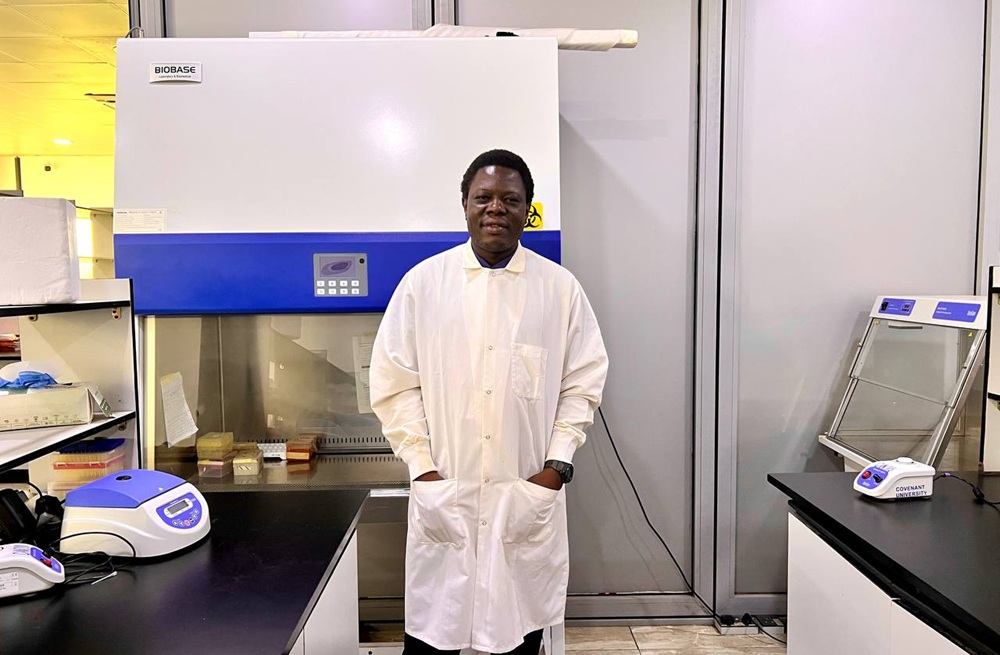A notable academic research paper has been recently published by a Covenant University Cancer Research Don, of the Department of Biochemistry, Professor Solomon Rotimi, titled, ‘Screening of Germline BRCA1 and BRCA2 Variants in Nigerian Breast Cancer Patients,’ in the Technology in Cancer Research & Treatment journal.
According to the WHO’s specialized cancer research agency, the International Agency for Research on Cancer (IARC), almost 45 women died of breast cancer per day in 2022. This pattern is projected to increase due to many factors.
In Nigeria, therefore, this disease poses a particularly urgent challenge because women are often diagnosed at younger ages, present with more aggressive forms of the disease (especially triple-negative breast cancer), and frequently lack access to early detection or precision treatment options.
Although having family history of the disease and genetic factors are well-established risks, very little is known about the specific genetic factors driving breast cancer in Nigerian women. Genes like BRCA1 and BRCA2, which are known to increase the risk of breast and ovarian cancer, have been extensively studied in Western populations - but far less so in African populations.
Furthermore, where such studies have been done in Nigeria, they relied heavily on foreign expertise. Our team at Covenant University bridged this gap by publishing a first-of-its-kind, entirely local study in Nigeria to understand how changes (called “variants”) in the BRCA1 and BRCA2 genes may contribute to breast cancer among Nigerian women.
In doing this, Professor Rotimi’s team used advanced technology (DNA sequencing) to examine both genes in the blood. They conducted all the laboratory work — from DNA extraction to sequencing and data analysis —locally at Covenant University’s Cancer Genomics Laboratory, which is under the Covenant Applied Informatics and Communication Center of Excellence (CApIC- ACE).
The following are the important findings of this study: About 7% of breast cancer patients had harmful changes in BRCA1 or BRCA2 genes. These were found only in women with triple-negative breast cancer who also had a family history of cancer. It is important to note that these genes can be passed on to children.
These harmful variants were not found in healthy women. We discovered unique BRCA gene patterns (called haplotypes) that are distinct in Nigerian women — patterns that are rarely or never seen in other populations.
The team also found many other BRCA variants that, while not harmful on their own, may play a role in cancer risk when combined with other factors.
This study matters to controling the cancer burden because, it is a milestone for African science, as it clearly demonstrates our capacity to conduct complex cancer genomics investigation independently, without us tying to the apron of the Western countries.
Also, it reveals that some Nigerian women may carry unique genetic markers for breast cancer that are not seen in Western population.
The findings support the call for population-specific genetic testing, and early screening tools tailored for Nigerian women, that can help in early identification of women who are at higher risk of breast or ovarian cancer.
It’s important to note that it opens the door to genetic counseling and more personalized treatment options which are particularly effective for BRCA-related breast cancers.
The publication can be assessed at https://journals.sagepub.com/doi/10.1177/15330338251333012.

